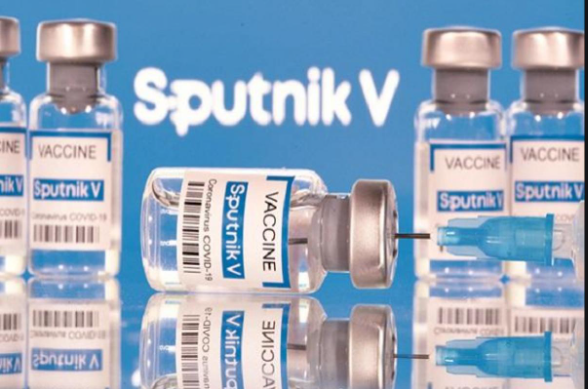Virendra Pandit
New Delhi: The erstwhile Soviet Union’s satellite Sputnik, launched in 1957, commenced the planet’s space-age and Moscow became a pioneer in scientific and technological innovations worldwide. In India, the word Sputnik became very popular and thrilled many. Some periodicals were also launched with the same name.
But Sputnik V, the Russian-developed vaccine to combat the Covid-19 pandemic, has failed to gain as much popularity in India.
According to media reports, some of India’s private hospitals have even cancelled orders for the Russian vaccine amid increasing supplies of free doses of other vaccines offered by the Government of India across the country.
The main reasons for the cancellation of orders for Sputnik V are its low demand and the extremely cold storage temperatures required to preserve it. Due to this, big hospitals cancelled orders for Sputnik V which is sold only in the private market of India, the world’s biggest manufacturer of vaccines.
Some private hospitals based in Hyderabad and Pune have cancelled orders for thousands of doses of Sputnik V. “Its demand is low as barely one per cent people wanted to go for Sputnik V,” reports quoting officials said.
From May until recently, private hospitals accounted for only about 6 per cent of all vaccines administered in India, although the government had freed them to buy up to a quarter of domestic output.
India is a major manufacturing centre of Sputnik V, with a planned capacity of about 850 million doses annually. But its domestic consumption in India is low, forcing it to look for export markets.
According to reports, only about 943,000 doses of Sputnik V, distributed in India by Dr Reddy’s Laboratories, have been administered in the country. This is only a fraction of the national total doses administered, numbering more than 876 million.
The majority of doses administered in India have come from the Oxford-AstraZeneca developed Covishield, manufactured in India under license by the Serum Institute of India (SII). Covishield can be stored in regular refrigerators, unlike Sputnik V which needs temperatures of minus-18 degrees Celsius, which is difficult to guarantee in most parts of the country.
Besides, Sputnik V is also as much as 47 per cent more expensive than Covishield on the private market, a reason why most people go for other vaccines.
India’s monthly production of vaccines, mainly of the AstraZeneca shots, has quadrupled to 300 million doses from April when a sudden surge in infections and deaths necessitated a halt in India-made vaccines’ exports. Now, these exports are expected to resume in October.
Covishield accounts for 88% of India’s inoculations, followed by Bharat Biotech’s domestically developed Covaxin, both administered free, mainly at government centres, since mid-January.
Prime Minister Narendra Modi had launched the world’s largest vaccination drive in India on January 14.

